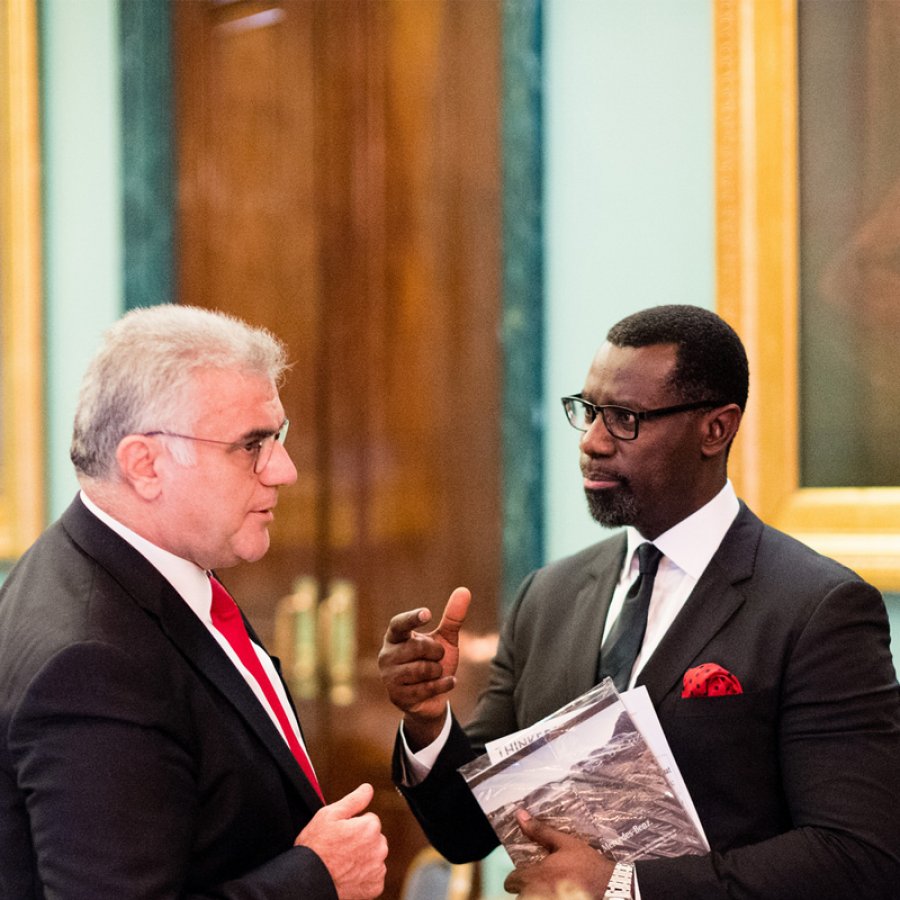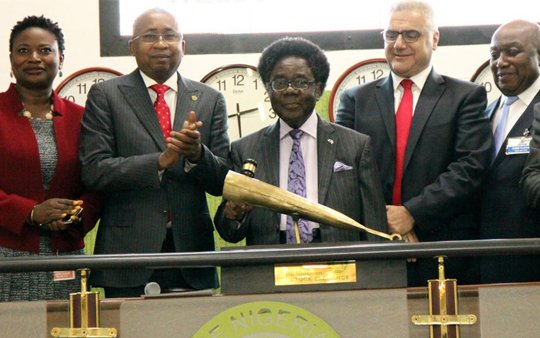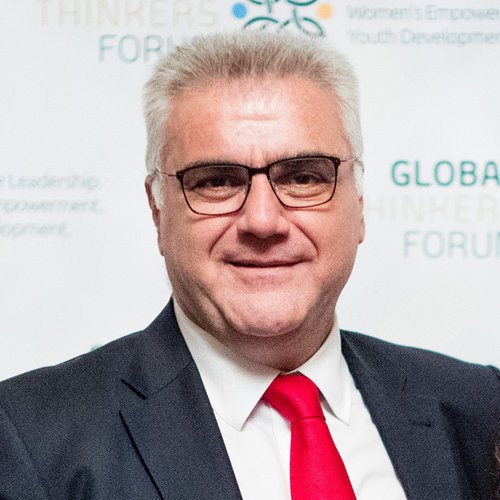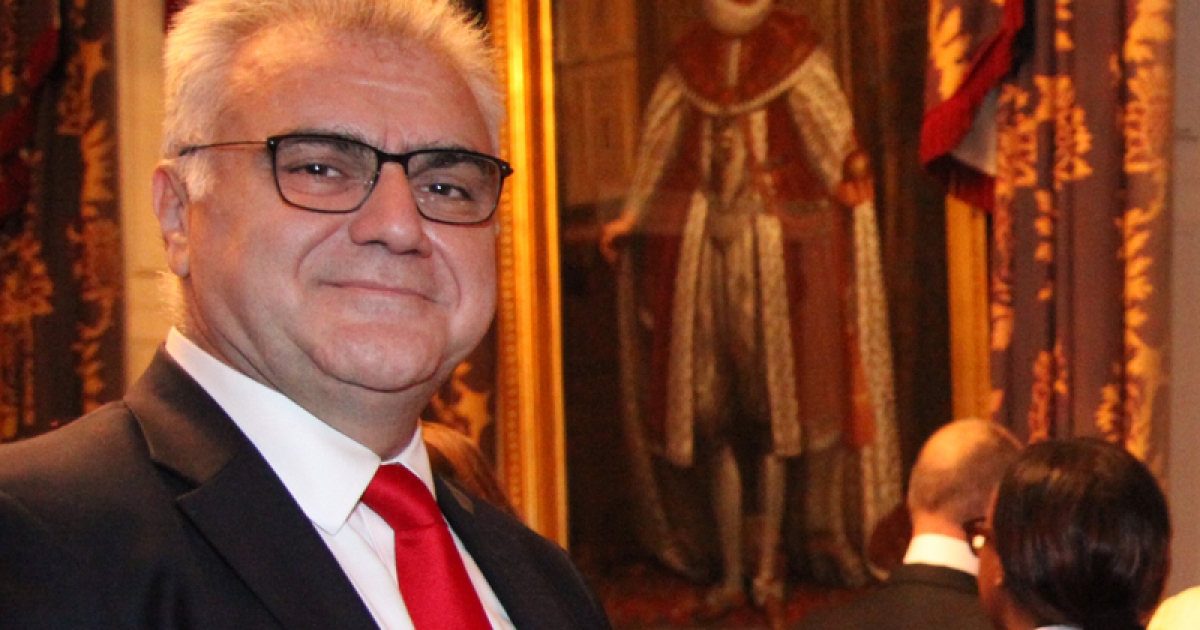Philanthropic Giving In Africa
According to the Africa Wealth Report the number of high net worth individuals in Africa grew by over 150% between 2000 and 2013, more than double the global rate. This means that Africa today has about 165,000 HNWI collectively worth over $660 billion, who have given rise to a formalised philanthropic giving culture across the continent.
Most of them are channeling their giving through their businesses and private foundations. For example, Nigerian Aliko Dangote, Africa’s richest man, made his money selling cement, sugar and basic commodities and is estimated by Forbes to be worth $15.6 billion. He has signed a pledge committing to give away a majority of his wealth to charitable causes. The Dangote Foundation is active in health, education and disaster relief. Mo Ibrahim, Patrice Motsepe, Tony Elumelu, Strive Masyiwa and Manu Chandaria are only some of the many African philanthropists who have realized the importance of strategic giving as a way to give back to society by returning some of the wealth they have made.

Their foundations aim to tackle a number of different challenges and support social causes – entrepreneurship and youth development for instance – but they also give directly to community needs for medical expenses and scholarships, as well as responding to emergency situations such as Ebola outbreaks and famine.
An interesting trend in African philanthropy has been the use of mobile money to raise money for causes. In 2011, ‘Kenya for Kenyans’ raised £6m from 250,000 individuals to provide famine relief to over 3 million Kenyans. Backed by leading telecoms company, Safaricom, a rapid awareness campaign coupled with the MPesa mobile payments platform quickly brought in contributions. A similar appeal has been made to combat Ebola in West Africa and the Garissa attacks in Kenya also saw widespread use of mobile in fundraising for victims.
What is necessary for philanthropic giving to be effective, is to make sure that it benefits all involved stakeholders. A successful pathway to building natural alignment among all stakeholders is to base a strategic philanthropy programme on a foundation of values. As such, leadership that is based on values and ethics is essential to professionals working on the strategic philanthropy spectrum, since it can effectively improve the bottom line of a strategic philanthropy programme or initiative, while bringing natural alignment to all stakeholders involved.
This is a principle under which the A.G. Leventis Foundation in Nigeria has been operating for decades now. Established in May 1979, it is the outcome of the vision of the Cypriot entrepreneur Anastasios G. Leventis (1902-1978), who laid the bases of its focus on society, education and culture.
Now in its fourth decade, the Foundation retains its adherence to these priorities, keenly supporting the dissemination of Greek and Cypriot cultural heritage, as well as extensive public benefits programmes, pioneering environmental protection projects, and medical research.

To this end, its activities range from the reconstruction of a large number of classical, Byzantine, and post-Byzantine monuments, and the enrichment and presentation of Cypriot antiquities collections in museums around the world, to the systematic granting of scholarships, and sponsorship of nature conservation and sustainable development projects in Southern Europe, Africa and world-wide. In West Africa, an area long connected with the Leventis family, the A. G. Leventis Foundation Nigeria was set up in 1988 to continue an already existing philanthropic programme. It has established seven agricultural schools for young farmers in Nigeria and Ghana.
An important aspect of the dynamic presence of the A. G. Leventis Foundation in cultural affairs is the Foundation’s art collections: the Paris Collection of European Art, the Collection of Works by Greek Artists of the 19th and 20th Centuries and the Collection of Works by Cypriot Artists. These three collections, which afford a unique aesthetic and educational experience, will soon be united and housed in the new A. G. Leventis Gallery being built in Nicosia, designed by Feilden Clegg Bradley Studios, Architects.
Giving and charity is deeply rooted in African culture. Africa must not be seen as the ‘poor, needy relative’. African talent and potential must be appreciated for its massive capacity, and giving should be allocated in ways that release and enable this talent to shine, on its own. I will conclude this article by calling on Nelson Mandela’s words: “Like slavery and apartheid, poverty is not natural. It is manmade, and it can be overcome and eradicated by the actions of human beings. And overcoming poverty is not a gesture of charity. It is an act of justice.” Positive change for Africa means to not just ease the symptoms of poverty, it means enabling African talent to eradicate poverty as a disease.

Michael E. Economakis
Executive Chairman, Petros Petropoulos SAIC (Plc)
As of May 2020 Michael E. Economakis serves as Executive Chairman of Petros Petropoulos SAIC (Plc), a listed conglomerate that operates in the automotive and industrial equipment sectors. Michael started his career in Coca-Cola Hellenic the 2nd biggest bottler of The Coca-Cola Company in the world, operating in 28 countries. Over the first years he worked in Sales, holding a variety of Sales, Field and Commercial positions. He had been constantly progressing throughout his career into higher responsibility roles within Coca-Cola Hellenic appointed as a GM in various operations of CCH and its subsidiaries. Until May 2020 he served as Executive Vice Chairman of AG Leventis Group and was at the helm of the company's operational restructuring and cultural transformation.
Published: 26/04/2017


